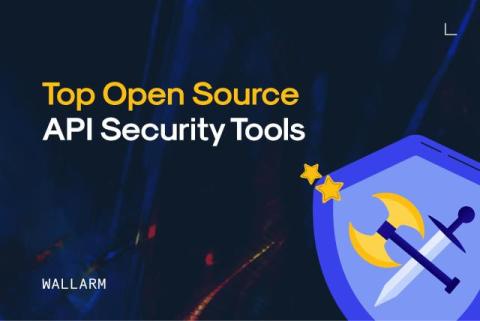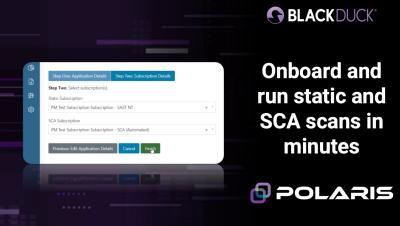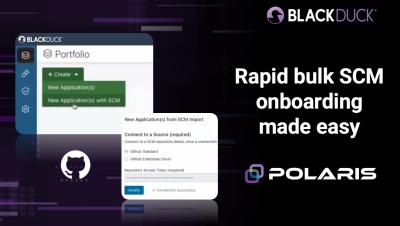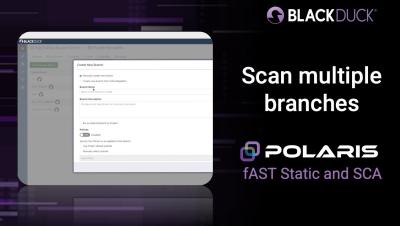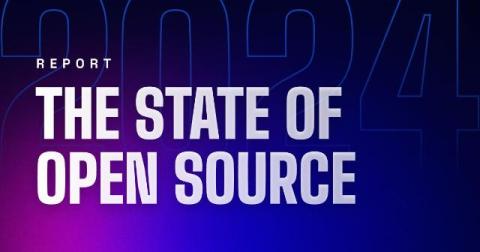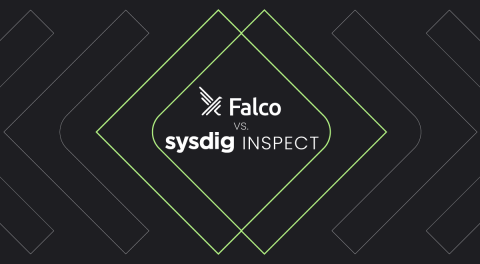Top Open Source API Security Tools
The modern world relies on Application Programming Interfaces (APIs). They allow applications to communicate with each other, servers, and consumers to facilitate data sharing and simplify application development. Without them, the internet would be unrecognizable. However, APIs also present a considerable risk to organizations. If left unsecured, they can be a gateway for attackers to access critical data and services. Protecting APIs is extraordinarily important, but it can be expensive.


